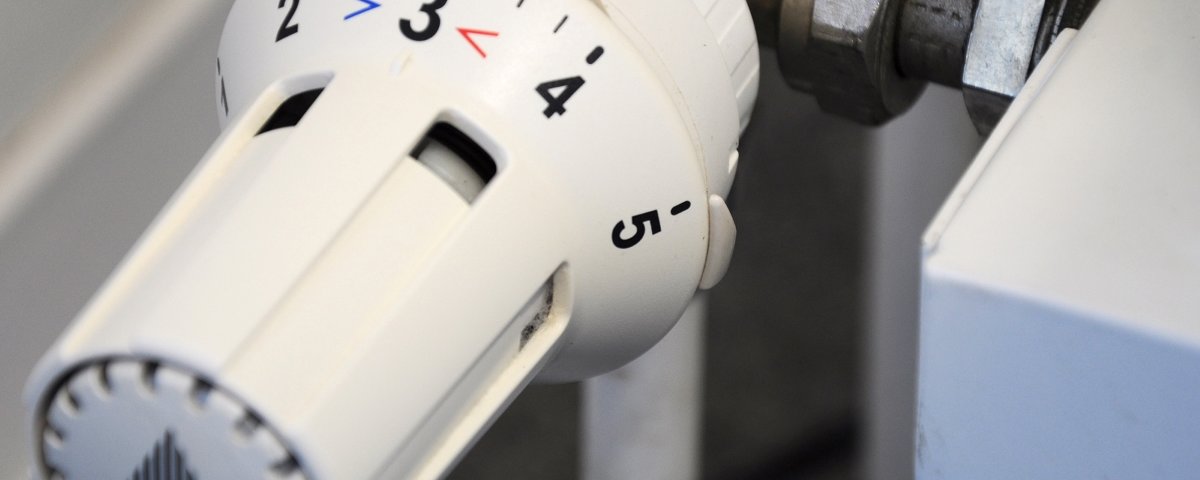TU Delft study reveals need for new forms of control in heat transition
Independent research by TU Delft, commissioned by the Regional Energy Strategy (RES) Rotterdam The Hague, shows that with the current approach, the heat transition will be delayed and there will be major winners and losers. The heat transition requires other forms of management, which will ensure that the coordination and distribution tasks are carried out in cooperation. These tasks concern the use of heat sources, the construction of infrastructure and a fair distribution of costs and benefits.
Heat transition hampered by collective action problem
Researchers Aad Correljé and Toyah Rodhouse of TU Delft, note that cooperation in the heat transition is hampered by the fact that the authorities and companies involved have different interests. There are strong dependencies between these parties and it is uncertain what the benefits will be. As a result, the parties are mainly concerned with safeguarding their own interests. This makes it difficult to realise risky and large-scale projects. This situation, in which parties make individually rational choices that lead to collectively irrational and less than optimal outcomes, is a collective action problem.
The solution lies in a new steering model
In the research report (only available in Dutch), three steering models have been elaborated. The first model "Every man for himself in the heat race" assumes that the collective action problem is not solved. There is then a considerable risk that not all municipalities will be able to make the heat supply more sustainable.
The other two steering models offer prospects for the future. They focus on solving the collective action problem by building trust in each other and in the course of the heat transition. The steering model, "We follow our plan! Steering for certainty and system optimisation" does this by means of an implementing organisation which gives direction to the heat transition with defined goals, norms, standards, codes of conduct and procedures. The other control model, "Developing together in a dynamic heat transition", assumes that trust will grow as parties work together more closely in the step-by-step development of successful projects. This requires more intensive and structural upscaling of consultation and decision-making by the public and private parties together.
How to proceed?
It is now up to the administrators and other parties involved to use these insights to give direction to the organisation and coordination of the heat supply. The models show the extreme contours within which the steering and coordination can take shape, depending on the social values that are considered most important. This can differ in the Netherlands, each municipality and each region. The Rotterdam Den Haag Energy Region wants to break through the collective action problem in order to jointly develop a socially justifiable regional heat structure.
